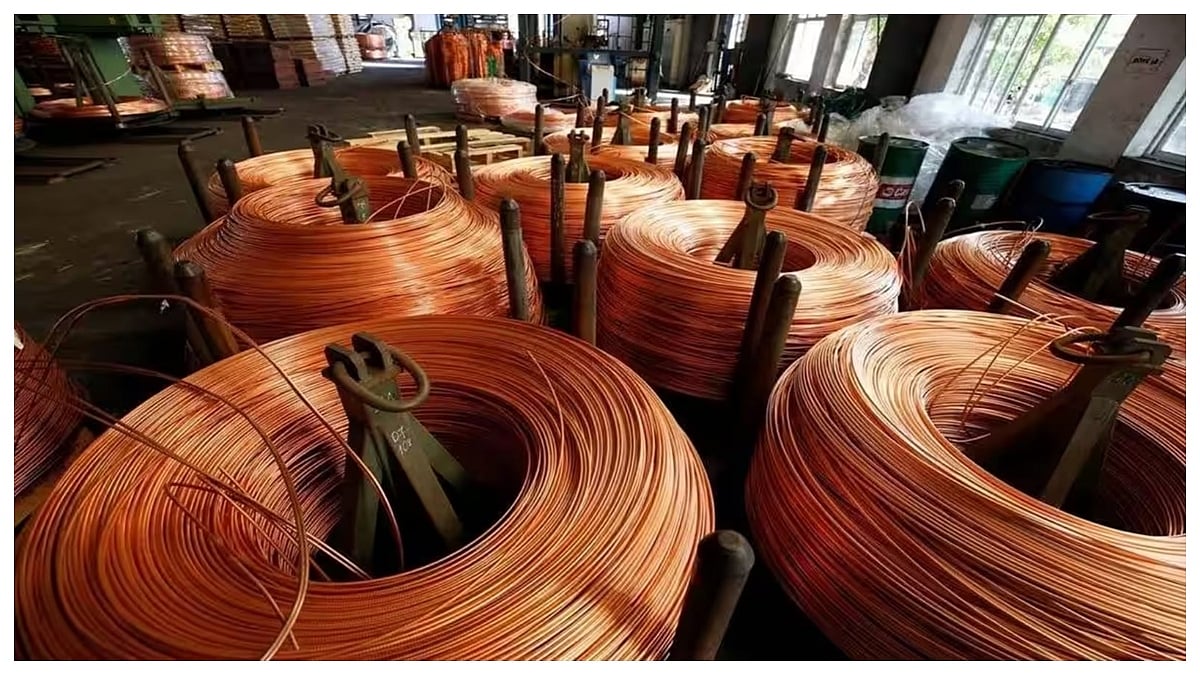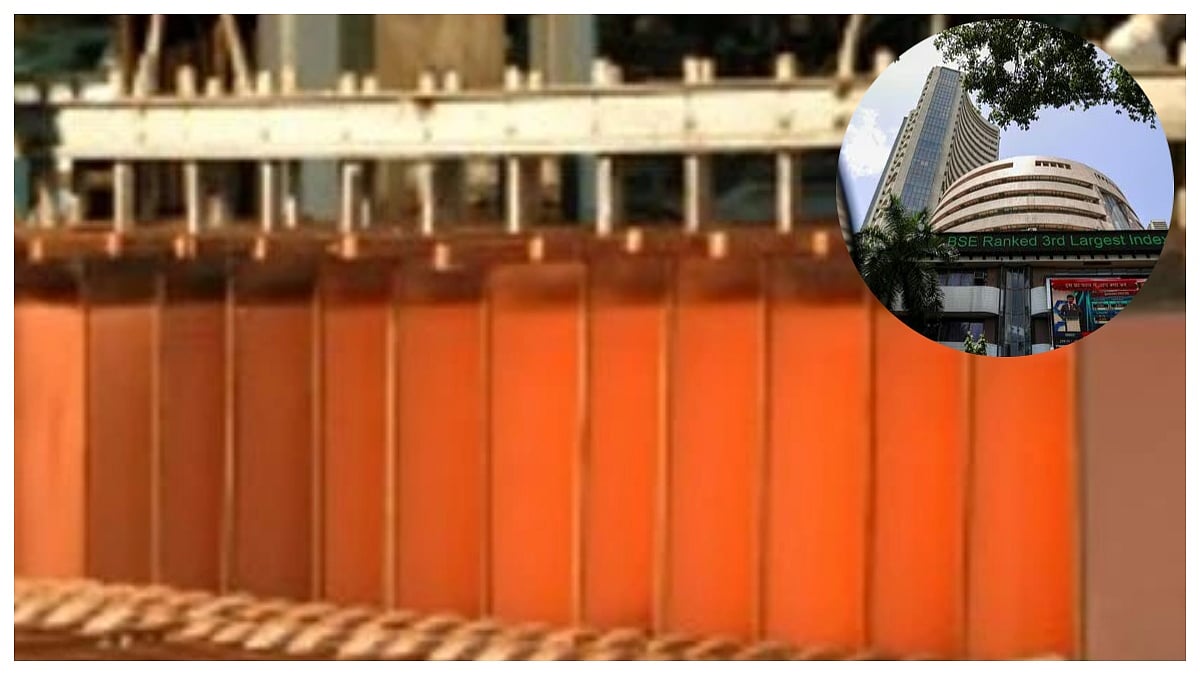High incidence of non-performing assets (NPAs) in banks acts as a major roadblock in transmission of monetary policy actions of the Reserve Bank, a working paper prepared by the officials of the central bank said.
The working paper also made a strong case for capital injection in state-owned banks, arguing that such a move would increase the credit flow to the real sector in addition to ensuing smoother transmission of monetary policy.
"Presence of non-performing assets in a bank also weakens monetary policy transmission and lowers the loan growth rate," said the working paper co-authored by Silu Muduli and Harendra Behera, Department of Economic and Policy Research (DEPR), RBI.
The RBI said the views expressed in the paper are those of authors and not of the Reserve Bank of India.
The working paper titled 'Bank Capital and Monetary Policy Transmission in India' said banks often face many structural and frictional issues which dampen the transmission of monetary policy.
The impediments to transmission are many, but the scourge of high NPAs of banks has played a major role in blocking the transmission.
In an environment of sustained asset quality stress impacting the capacity of banks to lend, the government has infused capital in public sector banks to improve their capital position and facilitate credit extension, it noted.
The RBI has also deferred the implementation of the last tranche of Capital Conservation Buffer (CCB) up to April 1, 2021 to provide some respite to banks facing difficulty in raising additional capital in a situation of already high provisioning requirements due to asset quality corrosion.
"Though these measures have helped some public sector banks to come out of regulator's critical purview, the bank credit grew by only 13.4 per cent in 2018-19 and 6.1 per cent in 2019-20," the paper said.
The paper examines the role of bank capital in monetary policy transmission in India during the post-global financial crisis period.
It finds evidence of existence of bank capital channel of monetary policy transmission for India.
"There is a positive association between bank equity and credit growth. This finding calls for the need for countercyclical capital buffer for the Indian banks to protect their balance sheet against losses from changes in economic conditions during the recessionary phase," the study said.
Also, banks with higher capital to risk-weighted assets ratio (CRAR) face a lower cost of funds.
The pro-cyclical nature of leverage shows that banks lend during economic boom by raising debt funds (through deposits, borrowings) rather than using their excess capital, it said. Higher CRAR unlocks the bank lending channel and helps in smooth transmission of monetary policy.
However, the magnitude of transmission of monetary policy was found to be weak for banks with CRAR higher than a certain threshold level.
These results, the study said, support the need for bank capital regulation in India. Low level of CRAR not only hampers bank health, but also restricts smooth transmission of monetary policy.
"Injection of capital by the Government of India in public sector banks is likely to increase the credit flow to the real sector and help in smoother transmission of monetary policy," it said.
The RBI has followed an easy monetary policy since January 2014 by reducing policy rate (except a monetary policy rate hike in August 2018) and statutory liquidity ratio (SLR) to provide more liquidity to the banking system.
However, credit growth has not picked up with the adopted expansionary monetary policy during this period.









